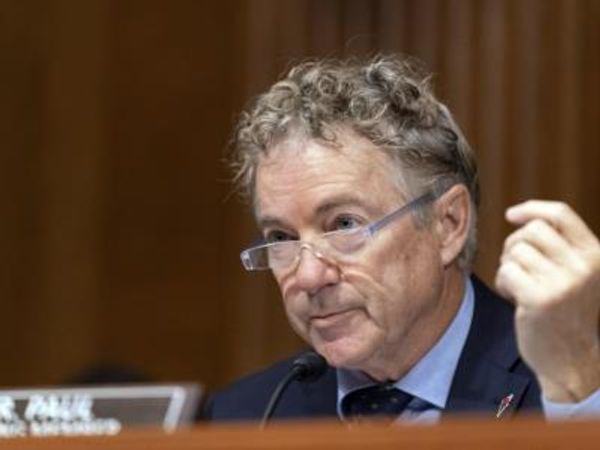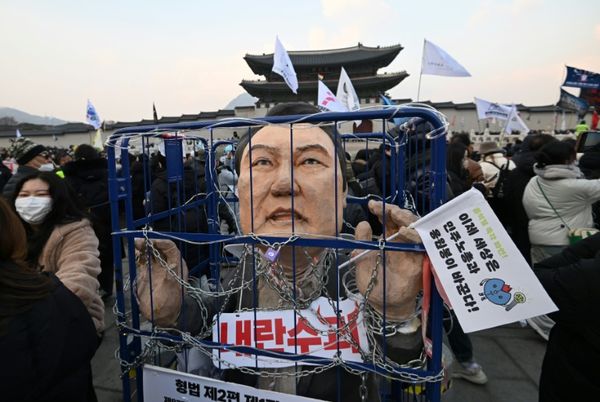
The legal global online gambling market is expected to reach $700 billion annually by 2028, according to recent estimates by the World Health Organization (WHO). YieldSec, commissioned by the Campaign for Fairer Gambling (CFG), reported that the U.S. illegal online gambling market was valued at over $40 billion in 2023.
U.S. consumers, the economy are projected to lose at least $1 trillion to online gambling by 2028
According to recent analytics from the CFG, taking into account that the market has been active for nearly 25 years, U.S. consumers and the economy are projected to lose at least $1 trillion to online gambling by 2028.
Derek Webb, founder and funder of the Campaign for Fairer Gambling, said:
“With this latest health guidance from the WHO, the prospect of class action litigation, predicated on duty of care liability, against the legal online gambling market has increased. This is especially relevant where consumers have been induced into gambling beyond their means. Operators should already implement robust ‘know-your-customer’ procedures to ensure that funds used are not laundered or derived from criminal activity.”
DraftKings is currently the subject of a lawsuit alleging that a gambler’s addiction was “nurtured” by the company. Online gambling operators often use sign-up offers and bonuses to attract customers. These tactics only encourage casual bettors to partake in riskier wagers.
Research on the Total Consumption Model shows that increased gambling consumption at a population level leads to higher individual harm. When legal online gambling is combined with illegal gambling, overall consumption rises, further exacerbating harm.
WHO recommends gambling operators end advertising, promotion, and sponsorship of sports
The WHO emphasizes the importance for universal public health policies to prevent gambling harm. The organization is pushing for operators to end “gambling advertising, promotion, and sponsorship of sports and other cultural activities.”
While several states have issued “cease and desist” letters to illegal operators, such as Bovada, a site licensed in Curacao, enforcement remains inconsistent. If Bovada exits a state, other illegal operators often step in to replace those offshore sportsbooks.
Webb added: “States giving tax breaks to any form of gambling or gambling promotion should consider whether they are exposing themselves or their regulators to litigation risk. Legislators and regulators cannot continue to rely on the theory of responsible gambling, which shifts the burden of harm prevention onto individuals, while ignoring the WHO’s recommended strategies to control online gambling harm. Promoting legalization as a way to reduce gambling addiction or eliminate illegal gambling is misleading and unsustainable.”
The Campaign for Fairer Gambling (CFG) is an independent gambling reform organization with expertise in gambling business and lobbying practices in both the U.K. and U.S.







